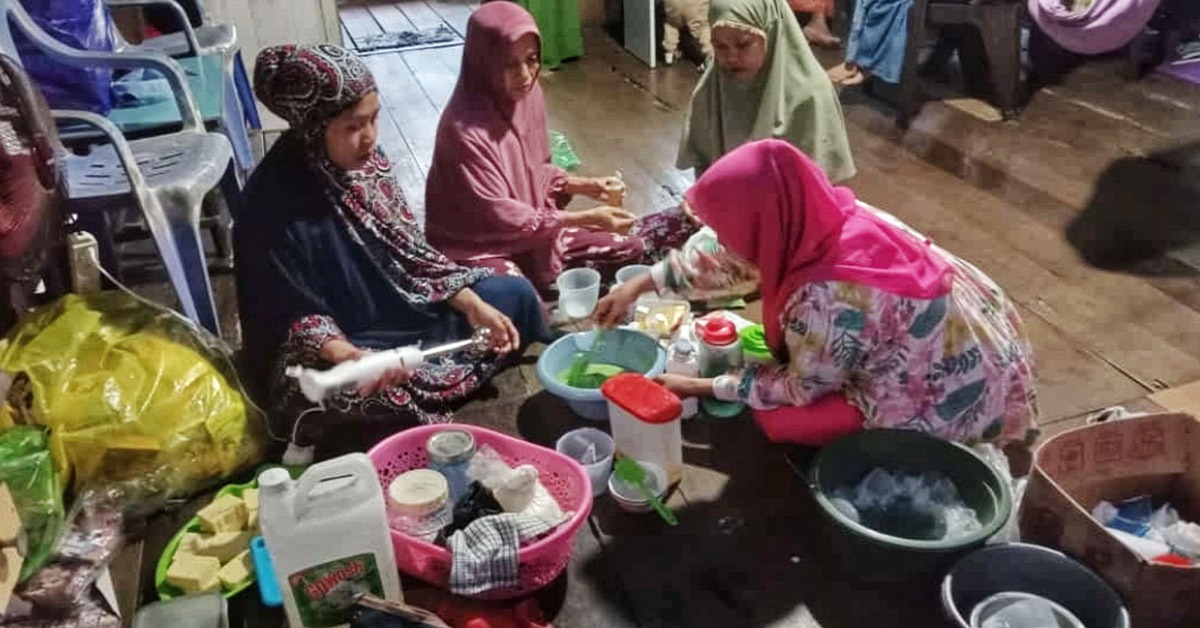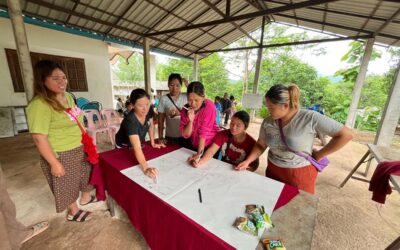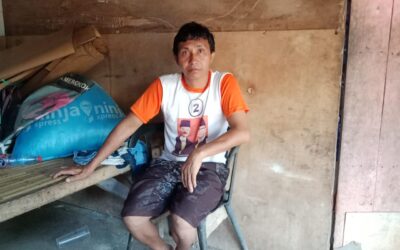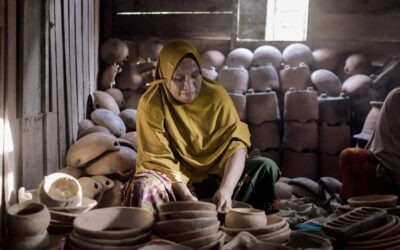Soapmaking Business Gains Traction
August 15, 2022

Transformational Community Development (TCD) Update

Wellness
Many residents are waiting to build toilets as they seek permission from landowners. The number of toilets in the second village cluster has increased from two to five, with two more in progress. During the original Vision Seminar in the second cluster of the Polewali area, the community mentioned toilets as one of the top three needs in the village. Originally, there were only 2 toilets for the 54 households in the community. However, although it was stated as a need, there have been barriers to overcome. The committee decided to gather funds from clusters of homes and build one toilet at a time. It has taken some residents longer to get on board with investing in toilets when they are already accustomed to using the forest. Furthermore, since not many of the households own their land, they have had to gain permission from landowners to build a structure deemed semi-permanent. To this point, three toilets have been completed with two more in process–half of materials are subsidized by GHNI and the other half, plus all labour, is gathered locally.
The training team is also gearing up to help the committee with their decision to look into increasing income from goats. This will be a large undertaking as the training team seeks to balance realistic scenarios with the desire, for only local resources are to be used in the effort.

Income Generation
The women’s soapmaking group is looking into producing liquid soap for washing dishes. This is in addition to the bathing soap made from coconut oil byproducts that is currently being marketed locally. They are increasing production, little by little, as they gain more traction in the market.
Thank you!
Written by: Indro
GHNI TCD Worker
Latest Stories from southeast asia
Making a Plan for a Year
Villagers learn to plan out a development strategy for over a whole year.
Ducks Are Delightful!
The duck program is a success!
Quietly Working Towards a Brighter Future
Community members are setting aside differences and working together for Polewali’s future.



